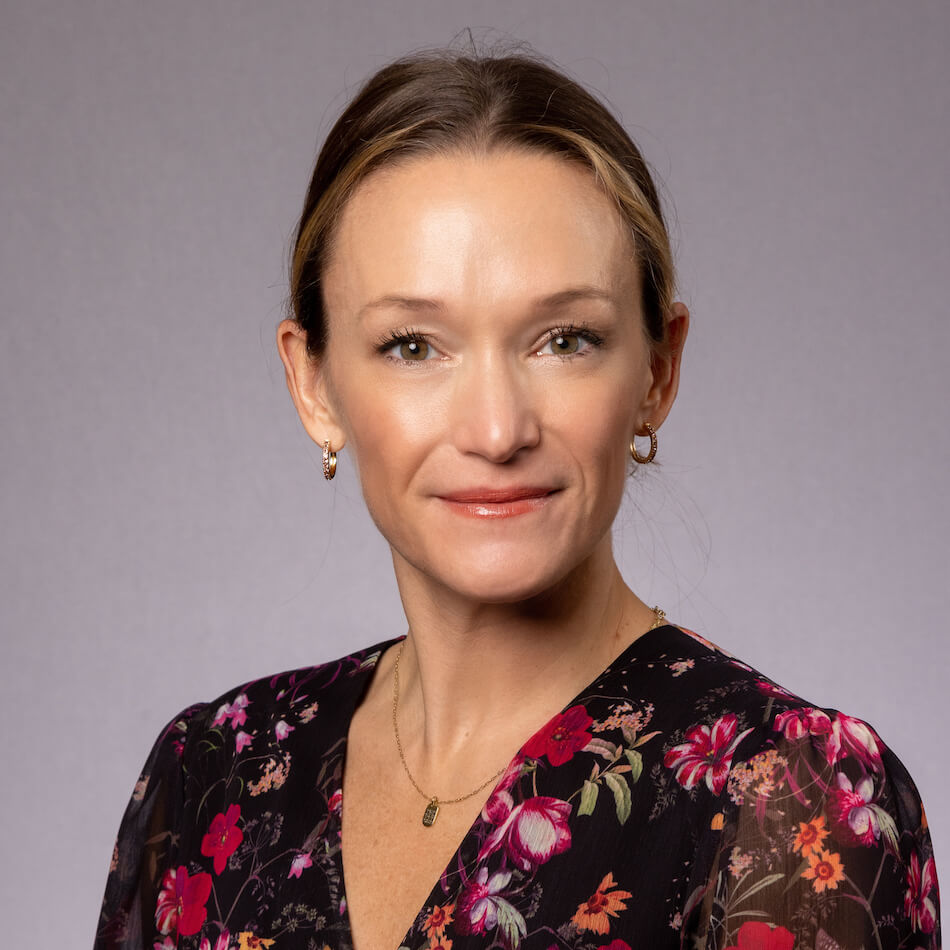Fannie E. Rippel Center for Women’s Reproductive Cancers
 All women are at risk for gynecologic cancers, and risk increases with age. When gynecologic cancers are found early, treatment is most effective.
All women are at risk for gynecologic cancers, and risk increases with age. When gynecologic cancers are found early, treatment is most effective.
The gynecologic cancer specialists at Rutgers Cancer Institute combine training and expertise in gynecology, medical oncology, and radiation oncology and work together to ensure accurate diagnoses, individualized treatment, and comprehensive care plans to meet the physical, emotional, and psychological needs of our patients. To request an appointment, call 844-CANCERNJ.
Our gynecologic cancer experts specialize in the diagnosis and treatment of rare and complex cancers of the female reproductive system, which include ovarian, cervical, vulvar, and endometrial cancers. We offer a high risk assessment clinic in addition to genetic counseling and testing.
Armed with years of experience and expertise, our gynecologic oncologists offer the full spectrum of therapeutic procedures and advanced treatment options including minimally invasive surgical techniques, cytoreductive surgery and hyperthermic intraperitoneal chemotherapy (HIPEC), precision medicine, immunotherapy, and novel treatment approaches through our clinical trials.
Our physicians see patients at our New Brunswick location as well as at several RWJBarnabas Health facilities across the state.
 Rutgers Cancer Institute and Robert Wood Johnson University Hospital, an RWJBarnabas Health facility, earned several High Performing ratings in the 2024-2025 U.S. News & World Report Best Hospitals survey, including for uterine cancer surgery.
Rutgers Cancer Institute and Robert Wood Johnson University Hospital, an RWJBarnabas Health facility, earned several High Performing ratings in the 2024-2025 U.S. News & World Report Best Hospitals survey, including for uterine cancer surgery.
To request an appointment, call 844-CANCERNJ. | Find Gynecologic Clinical Trials.
Your Gynecologic Oncology Team
Useful Links to our Resource & Learning Center
Articles and Press
Ovarian Cancer Doesn’t Have to Be Silent: RWJBarnabas Health Expert on Warning Signs & Risk Factors
Ovarian cancer has been dubbed the “silent killer” since it's easy for women to attribute its symptoms—bloating, feeling full quickly, mild pelvic pain—to just what goes with being a woman. The best way to get ahead of ovarian cancer is by catching it early. Dr. Ruth D. Stephenson shares more.
Preventing Cervical Cancer: Why Early Detection and Vaccination Matter More Than Ever
Nearly 14,000 U.S. women are diagnosed with cervical cancer annually, costing an estimated 4,360 women their lives. January is Cervical Health Awareness Month, which puts new emphasis on the need for regular screening and vaccination to reduce these numbers. Dr. Ruth Stephenson shares more.
Ovarian Cancer: What Every Woman Should Know
Ruth D. Stephenson, DO, FACOG, addresses five frequently asked questions about ovarian cancer.
FAQs About Ovarian Cancer
Sit down with expert Dr. Ruth Stephenson as she addresses five frequently asked questions about ovarian cancer.
Experts Address the Latest on Cervical Cancer Treatment
Although the incidence of cervical cancer has declined with increased screening and higher uptake of human papillomavirus (HPV) vaccination, cervical cancer remains the second highest cause of cancer mortality among women in low- and middle-income countries.
Cervical Cancer Can be Prevented
Cervical cancer is the only gynecologic cancer that can be prevented—and there are numerous tools to promote prevention including vaccines and tested strategies.
Gynecologic Oncologist Discusses Her Philosophy of Care
Dr. Ruth Stephenson, Gynecologic Oncologist at Rutgers Cancer Institute, discusses her patient philosophy of care.






















